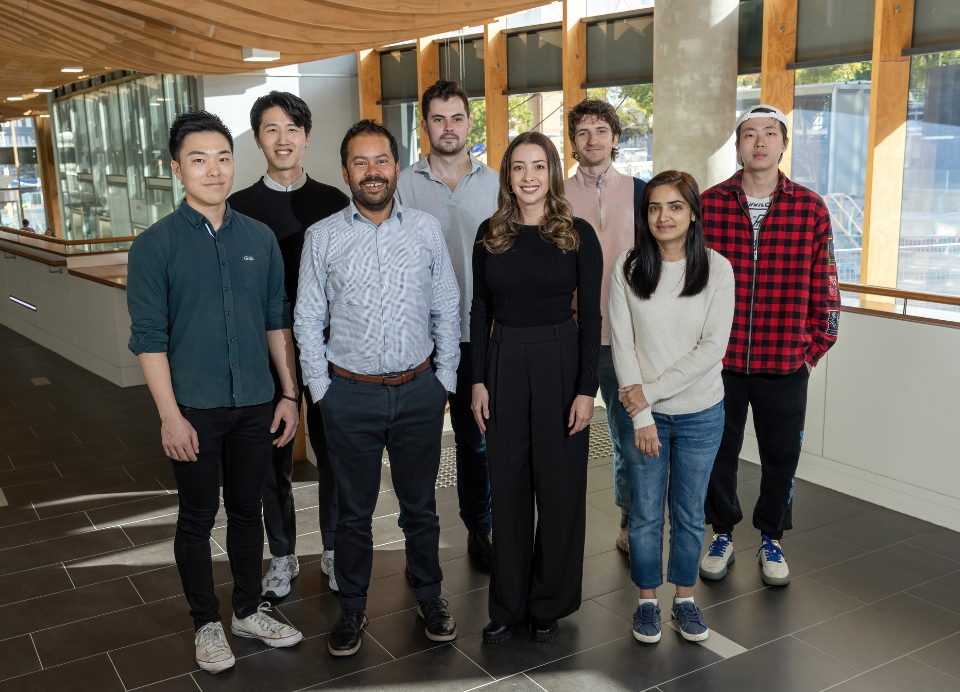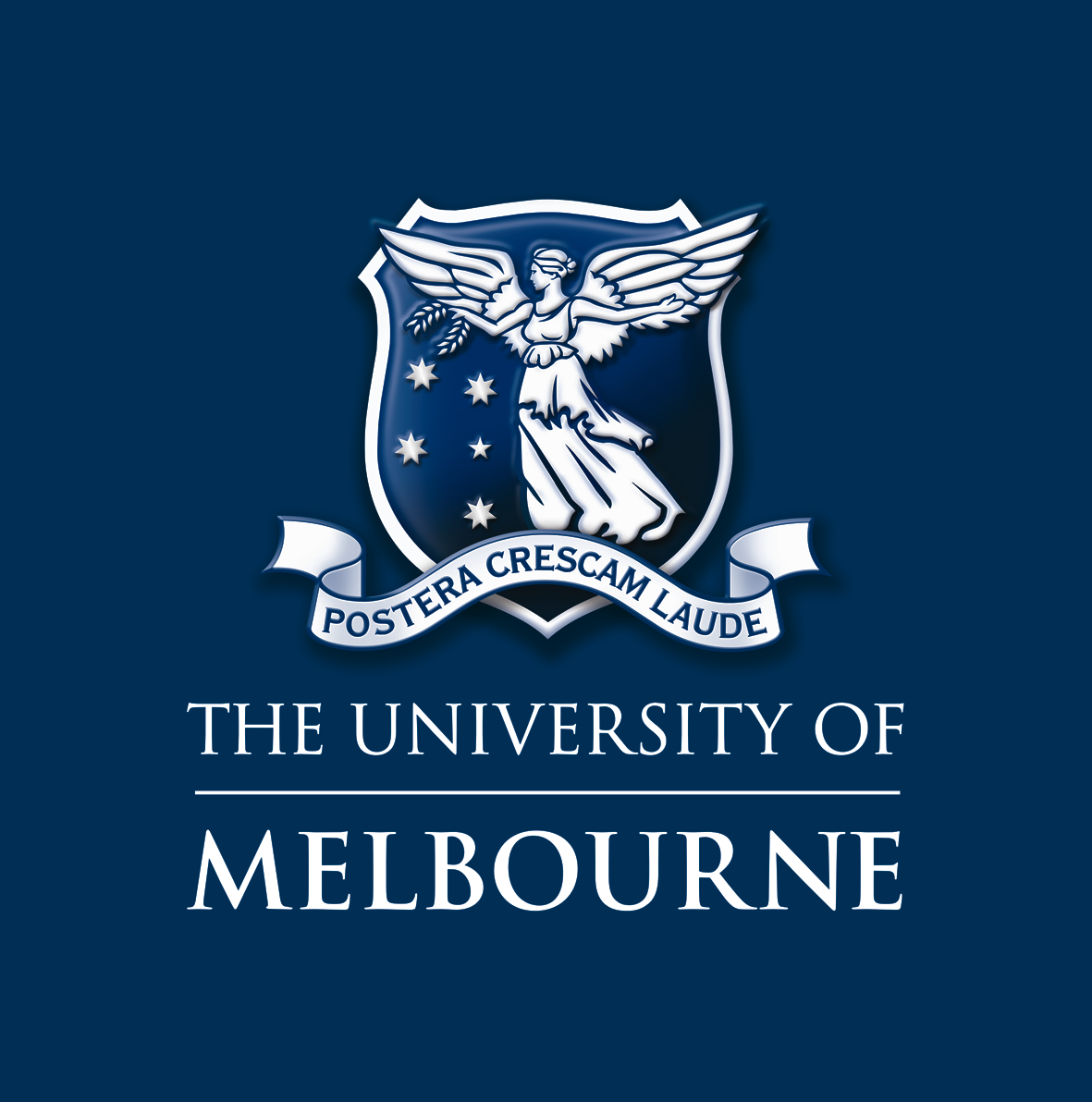Project: Defining the effect of repeated malaria infections on adaptive immune cells
Haque Group
Because children in malaria endemic countries often experience repeated malaria infections over short periods of time, we seek to define what effect multiple infections have on T and B cell immunity to malaria parasites. This project will employ state of the art techniques with mouse models of blood-stage malaria infection. Techniques include, flow cytometry, confocal microscopy, CRISPR/Cas9 editing, single-cell RNA-seq, single-cell epigenomics, and intra-vital microscopy.
Contact project supervisor for further
information and application enquiries
Haque Group
1 vacancies


Our laboratory is interested in studying T cell and B cell responses during infectious diseases, particularly malaria. We specialize in studying these cells using relatively recent techniques called “single-cell genomics” and "spatial transcriptomics". These technologies allow us to examine thousands of genes in individual cells, which is important because T & B cells are often highly dynamic and diverse. We use a variety of bio-informatic and computer science methods to study these data. Hence, our research team is comprised of a mixture of “wet-lab” experimentalists and “dry-lab” analysts.
Haque Group Current Projects
-
Defining the effect of repeated malaria infections on adaptive immune cells
Master of Biomedical Science, Honours



